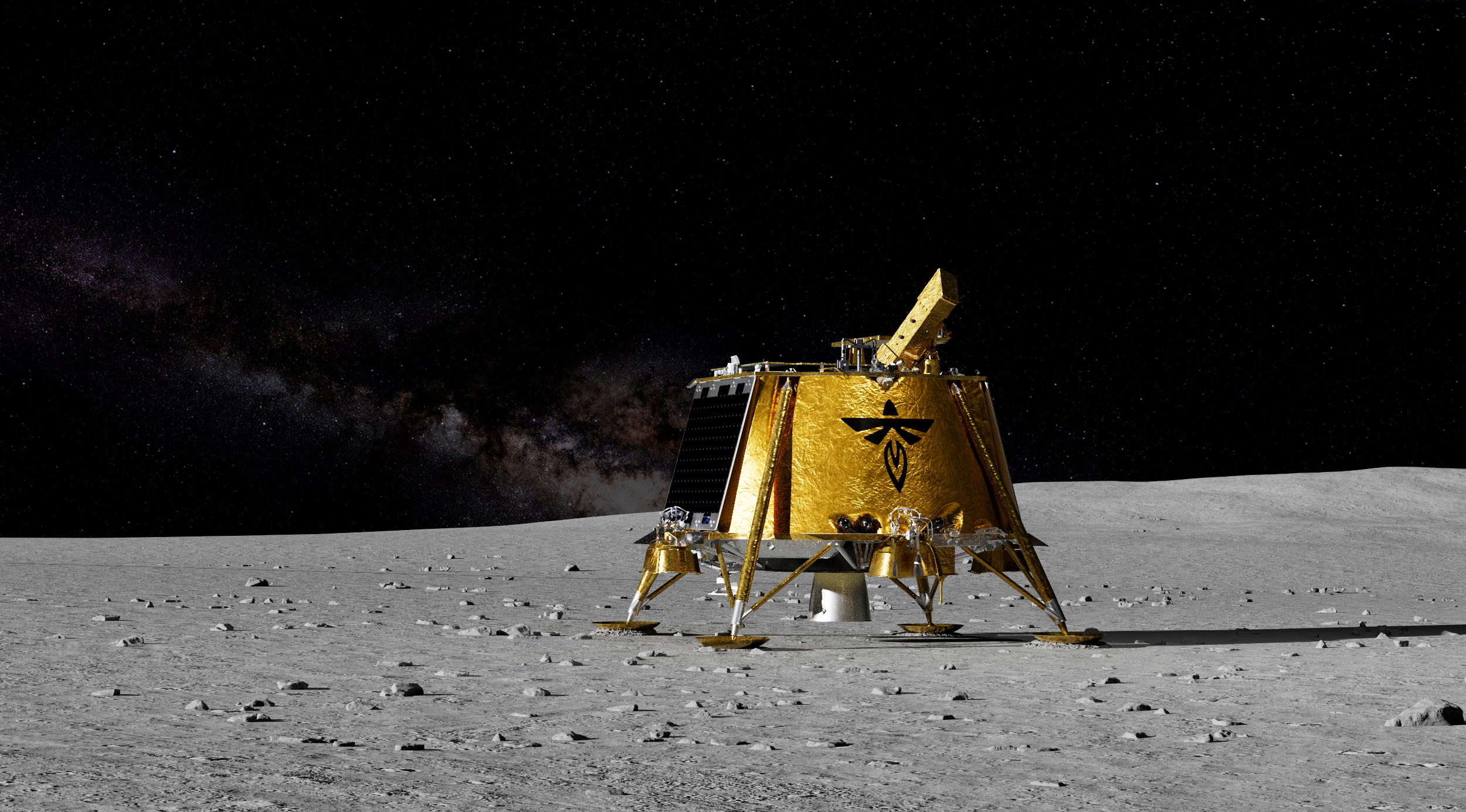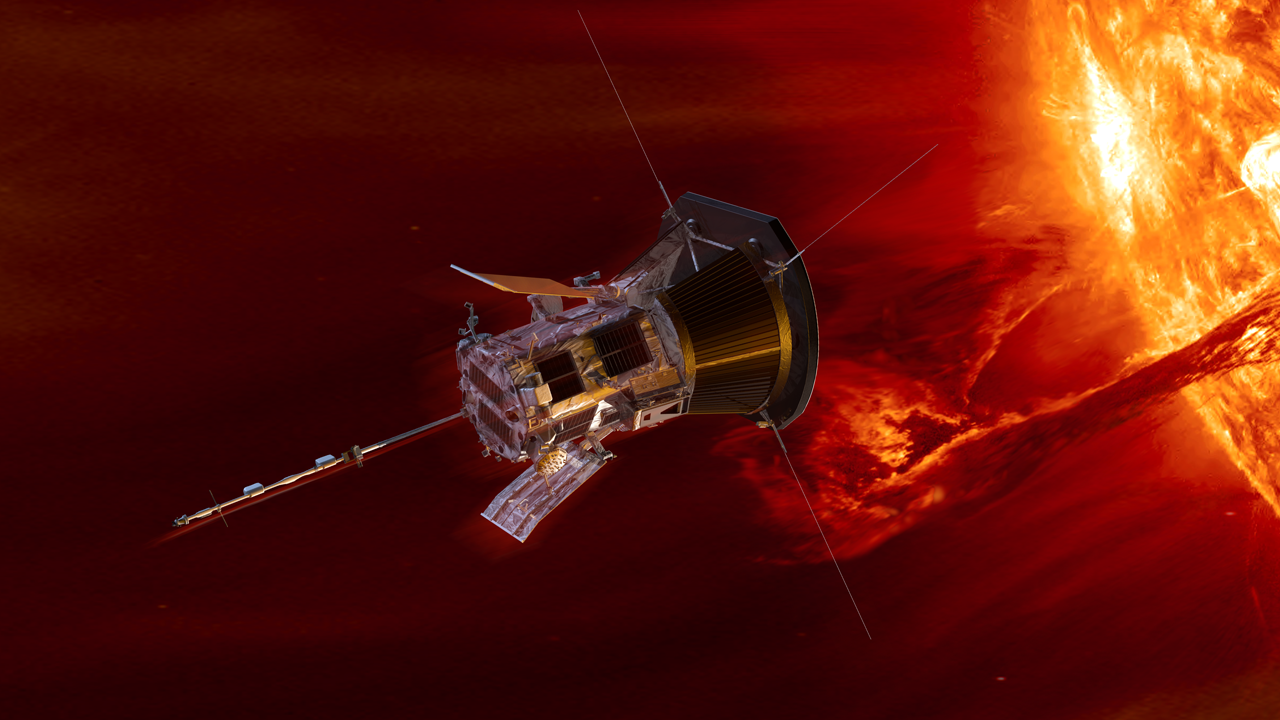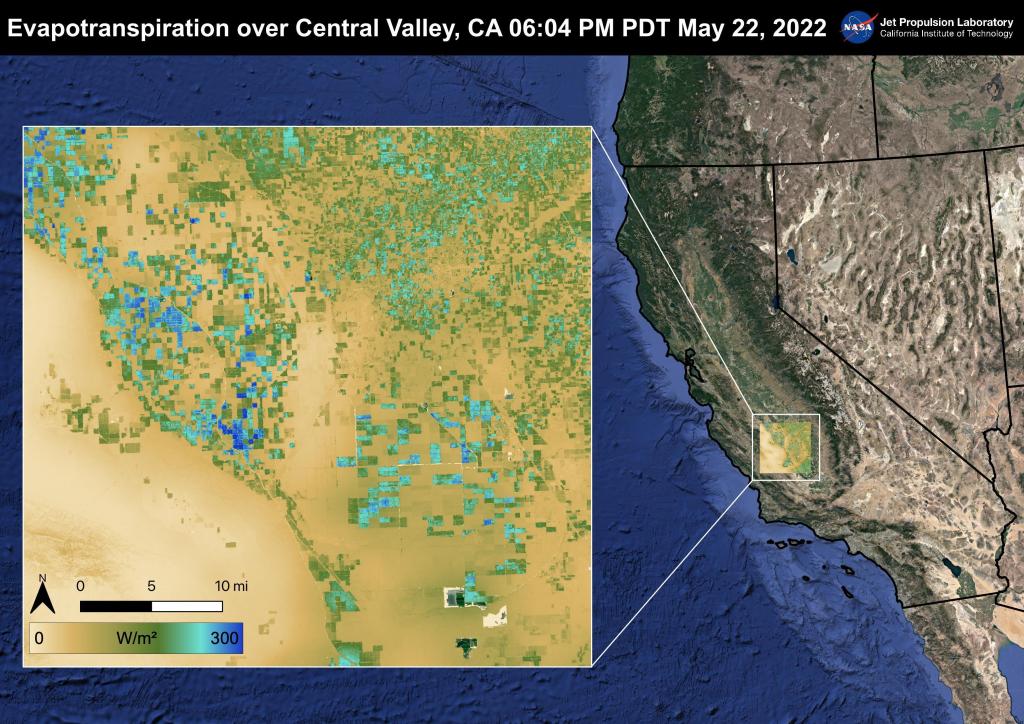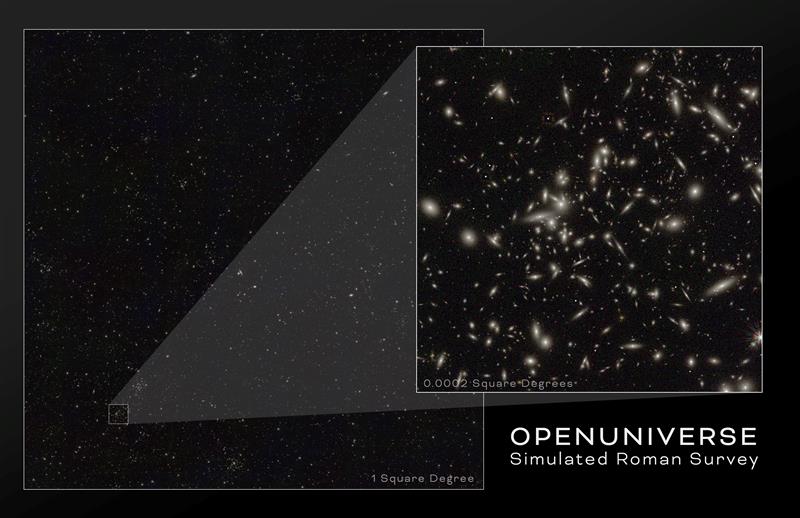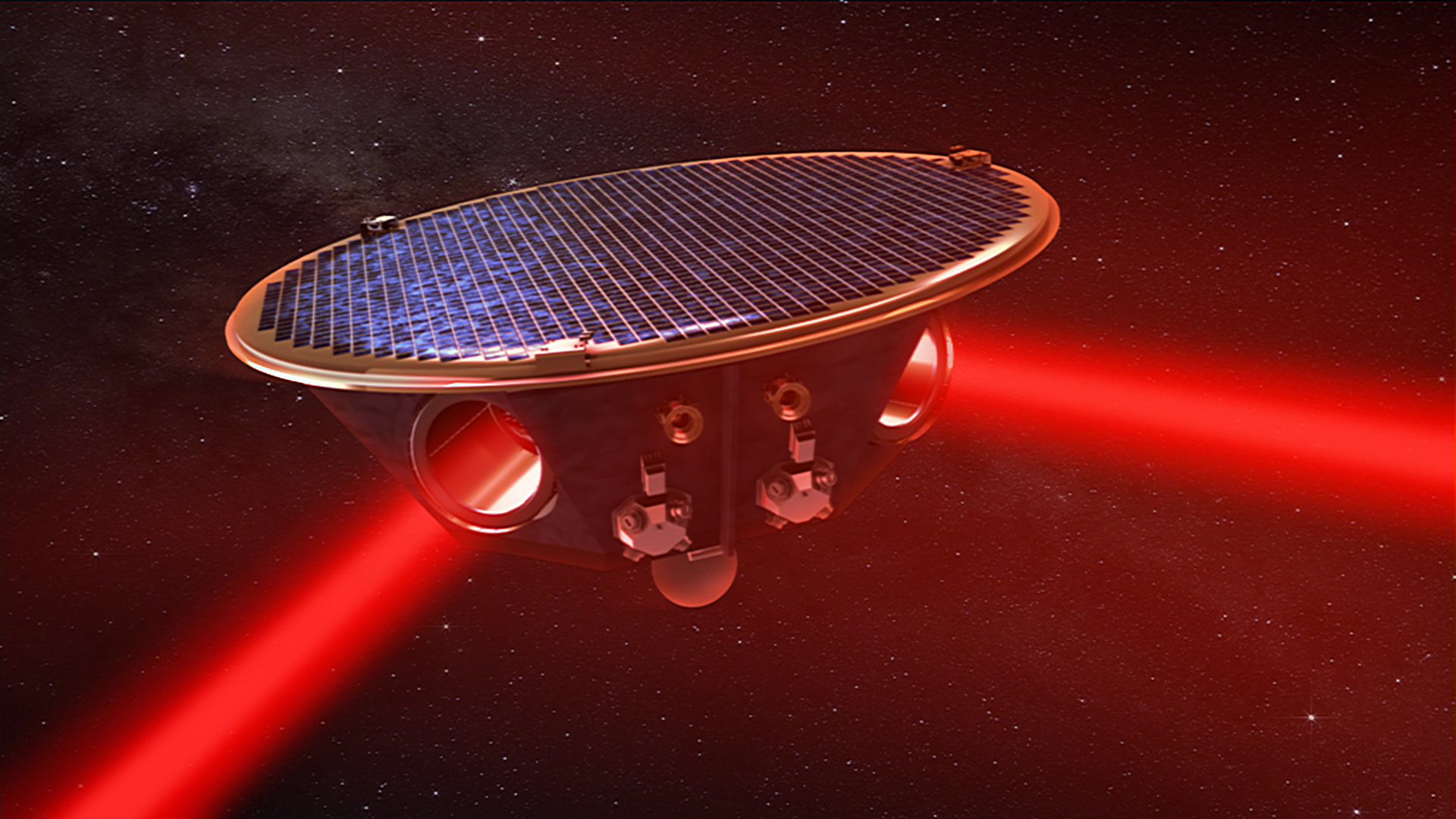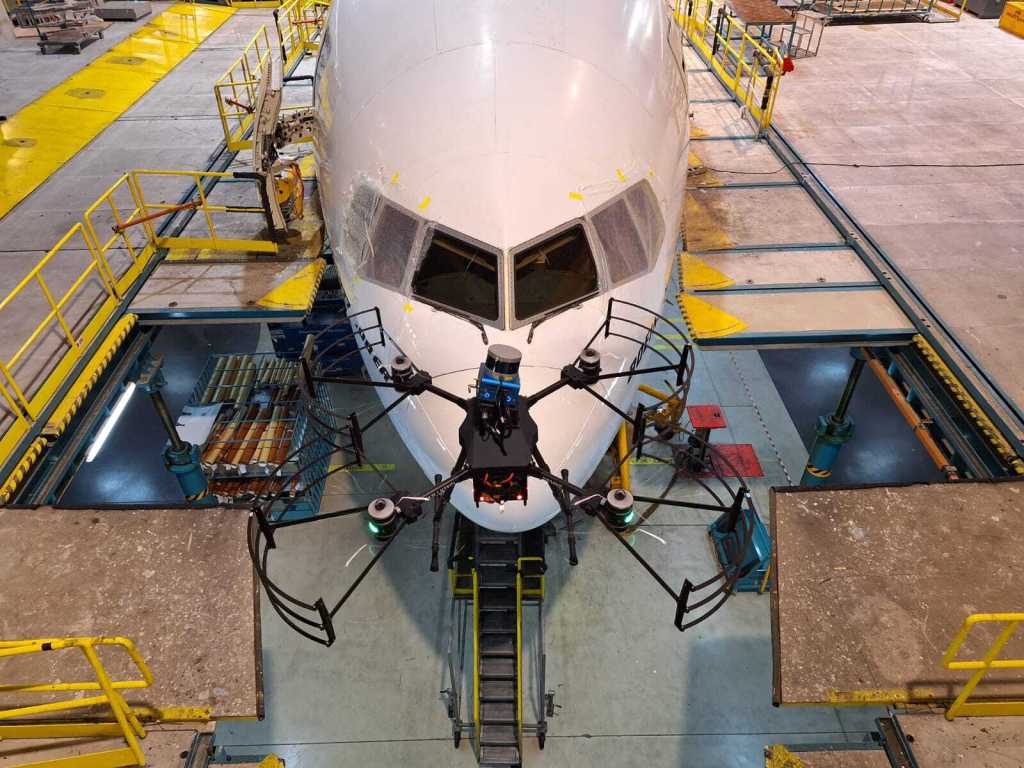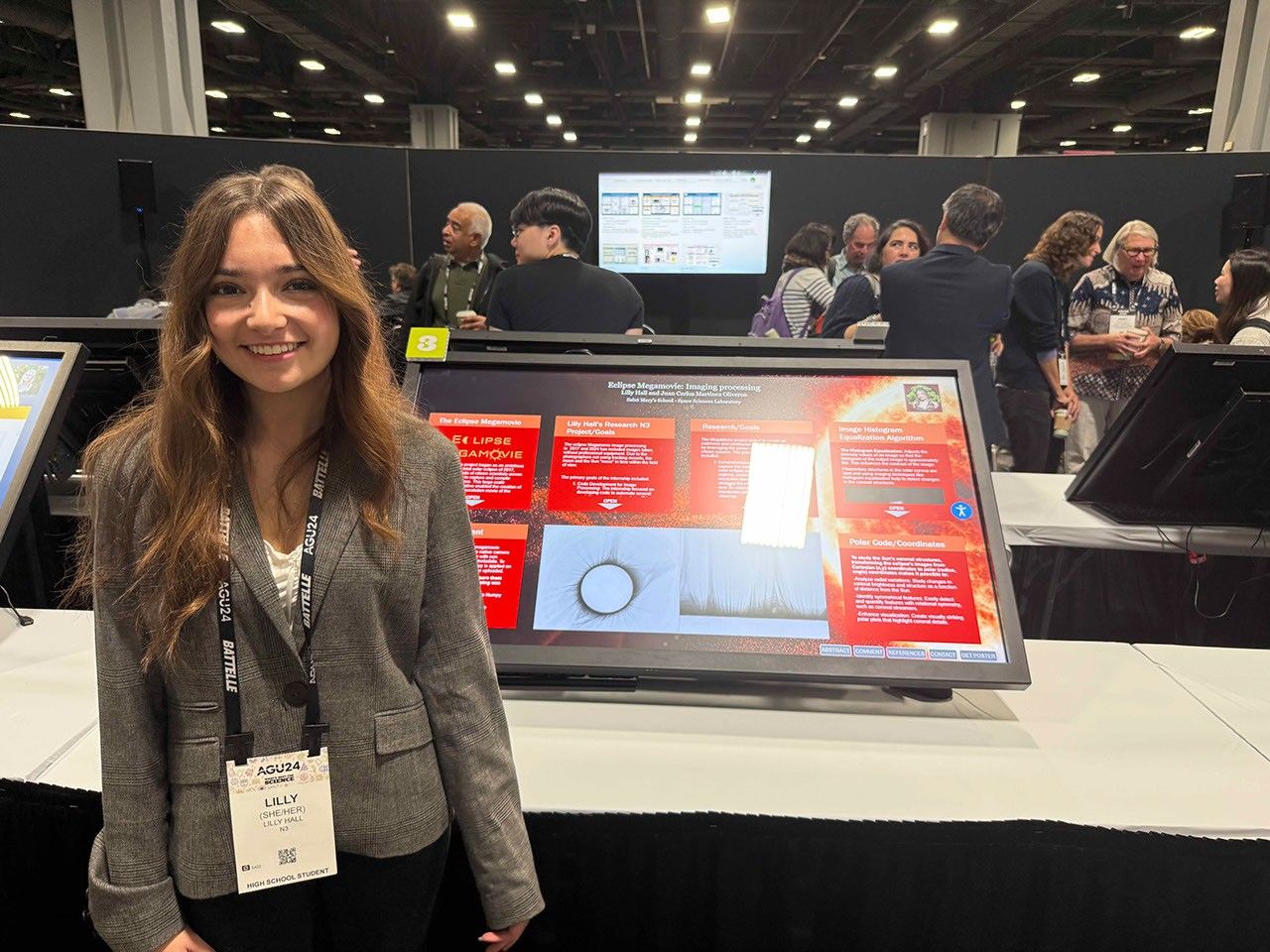Timothy Hackett
The Pennsylvania State University
In a communications channel, the space environment between a spacecraft and an Earth ground station can potentially cause the loss of a data link or at least degrade its performance. The research plan detailed in this proposal describes an adaptive, intelligent MAC protocol for software-defined radio space-communications applications. It consists of sensing, predictive, and decision mechanisms that will drive an overall framework to sense current channel conditions, predict the near-future channel conditions, and then automatically reconfigure based on these inputs. The reconfiguration of the SDR will be based on attempting to maintain the performance requirements for the data link, such as bit error rate, up-time, reliability, and/or data rate. Upon successful testing onboard the International Space Station using the Space Communications and Navigation (SCaN) Testbed, this research effort will change the TRL level from TRL 3 to TRL 5 in the area of TA05. Ultimately, it will potentially push the state-of-the-art performance limits of a space-based communications network.


